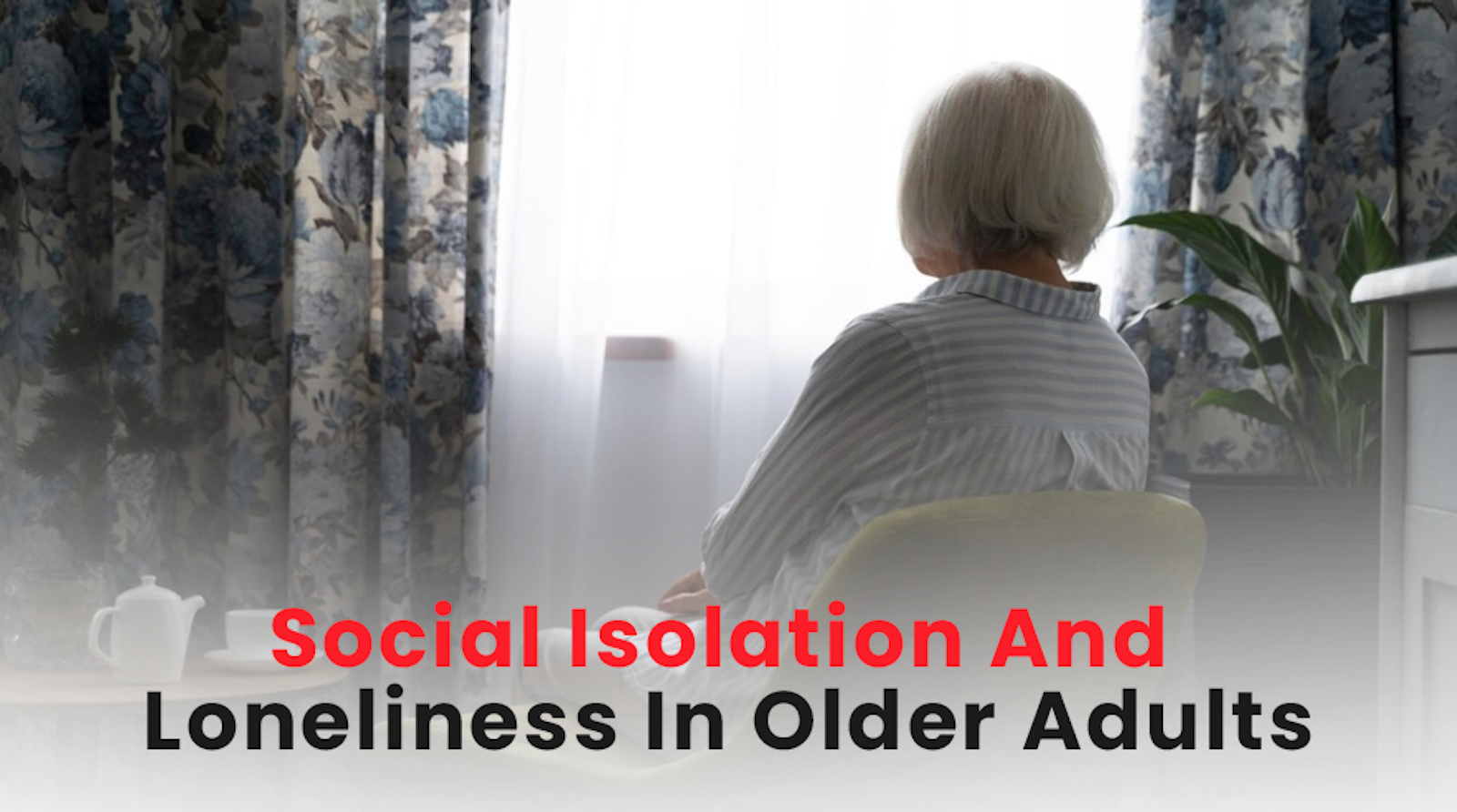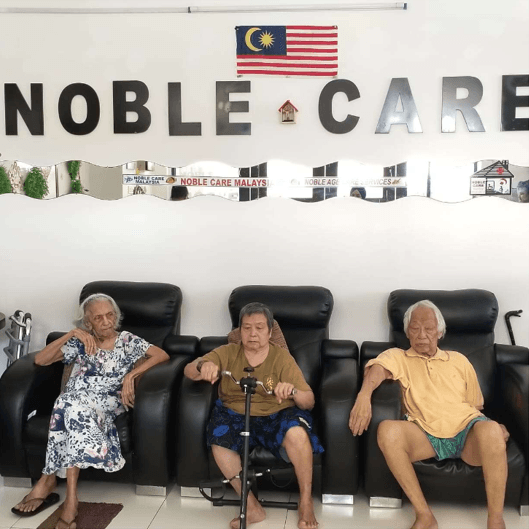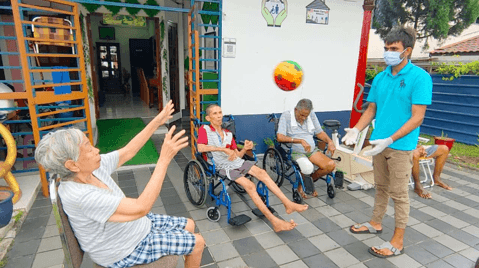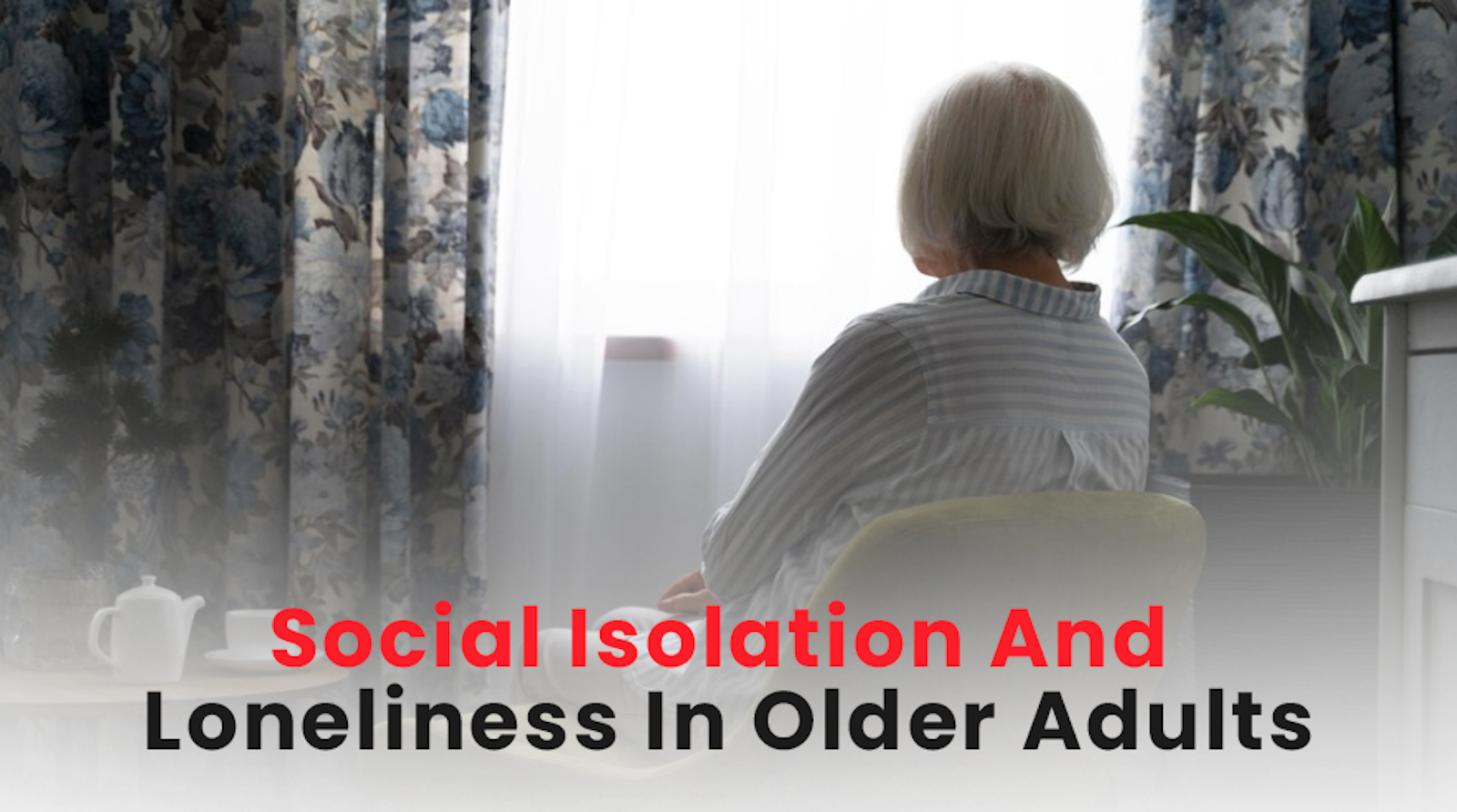
Social Isolation And Loneliness In Older Adults
Besides being Human beings, we are all Social Beings. Morover Because we as humans can not live in Isolation. Our connections to other people allow us to live, strive, and thrive together. However, as we get older, we are less socially connected than when we were younger. It leaves us at risk of loneliness and social isolation.
What is Social Isolation?
Social isolation refers to a lack of connections with others. It is the feeling of being lonely regardless of the amount of social interaction. However social Isolation can cause feelings of loneliness, especially in older people. Moreover , others may feel lonely even though they are socially isolated. Moreover Older adults who are socially isolated and lonely are more likely to experience depression, anxiety, and stress. The loneliness of older adults can be relieved with the help of family, friends, and human services.
Social Isolation in Older Adults:
As compared to younger people, My Noble Care has seen from experience that older adults are more at risk of loneliness and isolation due to the fact that they’re more likely to be confronted by issues like living on their own or without friends or family members or maybe due to health issues like chronic illness or deteriorating health.
According to research, social Isolation and loneliness have been related to an increased risk of a range of medical and mental illnesses in older adults, including high blood pressure, heart disease, obesity, a weaker immune system, anxiety, depression, cognitive decline, and Alzheimer’s disease.

Social Isolation and loneliness are essential but often overlooked social factors of older people’s health.
Causes and Consequences of Social Isolation
The causes of loneliness can be categorized into three groups:
- Social
- Psychological
- Physical
Social reasons include lack of family members or friends nearby and lack of transportation and psychological causes include depression or mental illness; physical causes include chronic pain or disease.
The consequences of loneliness can be grouped into three categories: mental, physical, and social. Mental consequences include depression, anxiety, and cognitive impairment. However Physical consequences include increased risk for cardiovascular disease, stroke, and diabetes; social consequences are not yet fully understood but may involve a higher risk for mortality.
According to NAR studies, social isolation and loneliness significantly influence an elder’s physical and mental health, including quality of life and lifespan. Social Isolation and loneliness are expected, with up to one in three elderly individuals in some countries reporting feeling lonely.
Mental illnesses can cause social isolation and loneliness, contributing to poor health.But The most common physical health problems in older adults are cardiovascular disease and cancer however these diseases can cause mobility limitations and, thus, social Isolation. Some of the leading mental disorders in the elderly are depression, anxiety, dementia, and schizophrenia.
How to Help Older Adults Cope Up with Social Isolation and Loneliness:
Social Isolation and loneliness can be fought by socializing with older people.Therefore as a caregiver, all the team members of My Noble Care make sure to overcome the problem of Isolation and loneliness. Our daily routines are pre-set to help all the elders feel cherished and valued in our premises.
- We have fun and gaming activities that allow the elders to take part and socialize with the team and other members of My Noble Care.
- We encourage them to participate in social gatherings and events organized by our team.

Conclusion:
Among older people, Social Isolation and loneliness are growing problems. How ever They might have lost their spouse, or they might have lost their relatives or friends. One of the main reasons for this is that they are not as physically active as they used to be.
The first thing to consider is the social environment. Moreover It’s essential to make sure that there are places where people can go and feel like they belong Moreover if there are opportunities for social interaction, then a person will be less likely to suffer from loneliness or Isolation.
Social Isolation and loneliness are not just feelings. They have a direct impact on the health of older adults. The good news is that there are ways to reduce social isolation and loneliness in older adults, like caring or nursing centers like My Noble Care.

